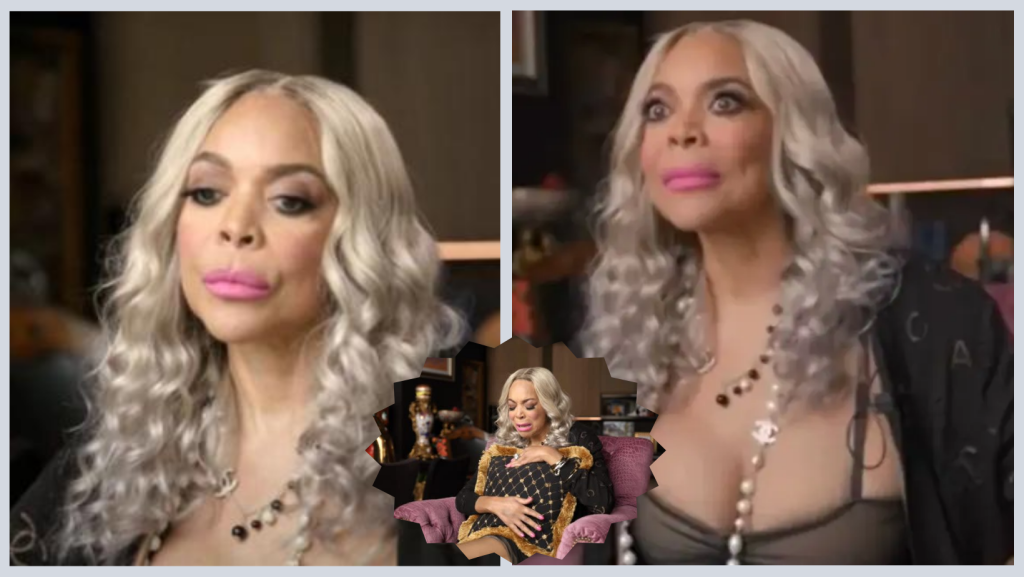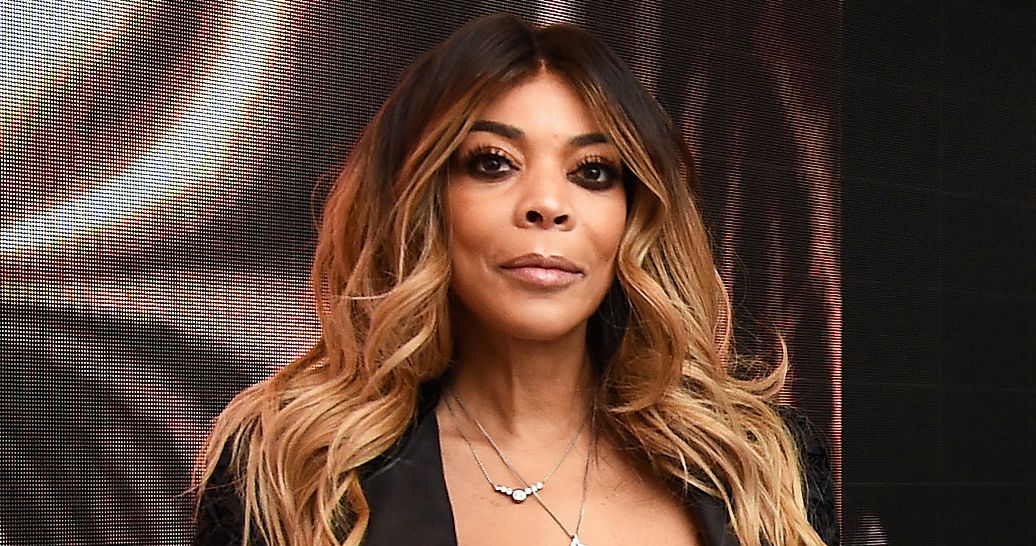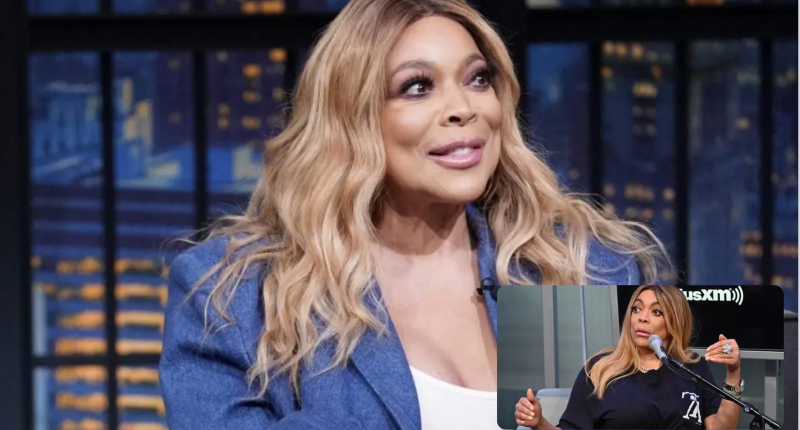Wendy Williams’ Guardian Accused of Preventing Documentary Release to Silence Criticism- Wendy Williams’ temporary guardian, Sabrina Morrissey, has been accused by A&E Television Networks of attempting to block the airing of the Lifetime documentary “Where Is Wendy Williams?” to silence criticism.
This accusation comes in response to Morrissey filing a lawsuit against A&E in New York County Supreme Court in February, seeking to stop the documentary from airing. The lawsuit alleges that Williams, who was diagnosed with frontotemporal dementia in February, was not capable of consenting to the terms of the contract for the documentary.

It further claims that the documentary exploits Williams’ medical condition to portray her in a humiliating and degrading manner, falsely depicting her behavior and demeanor as the result of intoxication rather than her medical condition.
Key Facts
- Sabrina Morrissey, Wendy Williams’ temporary guardian, filed a lawsuit to block the airing of “Where Is Wendy Williams?” to avoid criticism, according to A&E Television Networks.
- A&E argued that Morrissey’s attempt to block the documentary was made after seeing the trailer and realizing her role in Williams’ life might be criticized.
- Morrissey sought a restraining order, alleging that Williams was not capable of consenting to the documentary contract due to her diagnosis with frontotemporal dementia.
- A&E countered by arguing that Morrissey’s attempt to block the documentary was made after seeing the trailer and that she had months to intervene but did nothing for nearly a year.
A&E’s attorney, Rachel Strom, argued in court documents that Morrissey only sought to prevent the documentary’s release after seeing the trailer, which depicted her role in Williams’ guardianship in a negative light. Strom claimed that Morrissey’s actions were aimed at unconstitutionally silencing criticism. However, A&E countered by stating that Morrissey had taken no measures to prevent the documentary’s release until seeing the trailer, suggesting that her purpose was to shut down public expression that she did not like.
The documentary, which aired on February 24 and 25, depicted Williams’ struggles with health and addiction. Throughout the documentary, Williams’ family criticized the guardianship system, arguing that Morrissey was not taking good care of her and that a family member should serve in that role instead. A&E argued that if Morrissey had been concerned about Williams being filmed, she had “months and months” to intervene but did not do so, contrary to the supposed need for emergency relief.

A&E also pointed out that Morrissey had issued a press release detailing Williams’ medical condition, suggesting that she was not concerned about the information becoming public. Furthermore, the network argued that Williams had signed a talent agreement for the documentary and was paid a “substantial sum” for her participation. The documentary has raised public awareness about conservatorship issues and sparked discussions about the ethical considerations surrounding the filming of individuals with cognitive impairments.
The legal dispute between A&E Television Networks and Wendy Williams’ temporary guardian, Sabrina Morrissey, centers around the release of the documentary “Where Is Wendy Williams?” and the allegations of Morrissey attempting to block its airing to silence criticism. A&E claims that Morrissey’s actions were aimed at unconstitutionally silencing criticism, while Morrissey argues that the documentary exploits Williams’ medical condition and portrays her in a false light. The situation highlights the complexities of guardianship, consent, and the ethical considerations surrounding the filming of individuals with cognitive impairments.
Also Read: Candiace Dillard Bassett Insists Her Departure from ‘RHOP’ Is ‘Not a Farewell’










